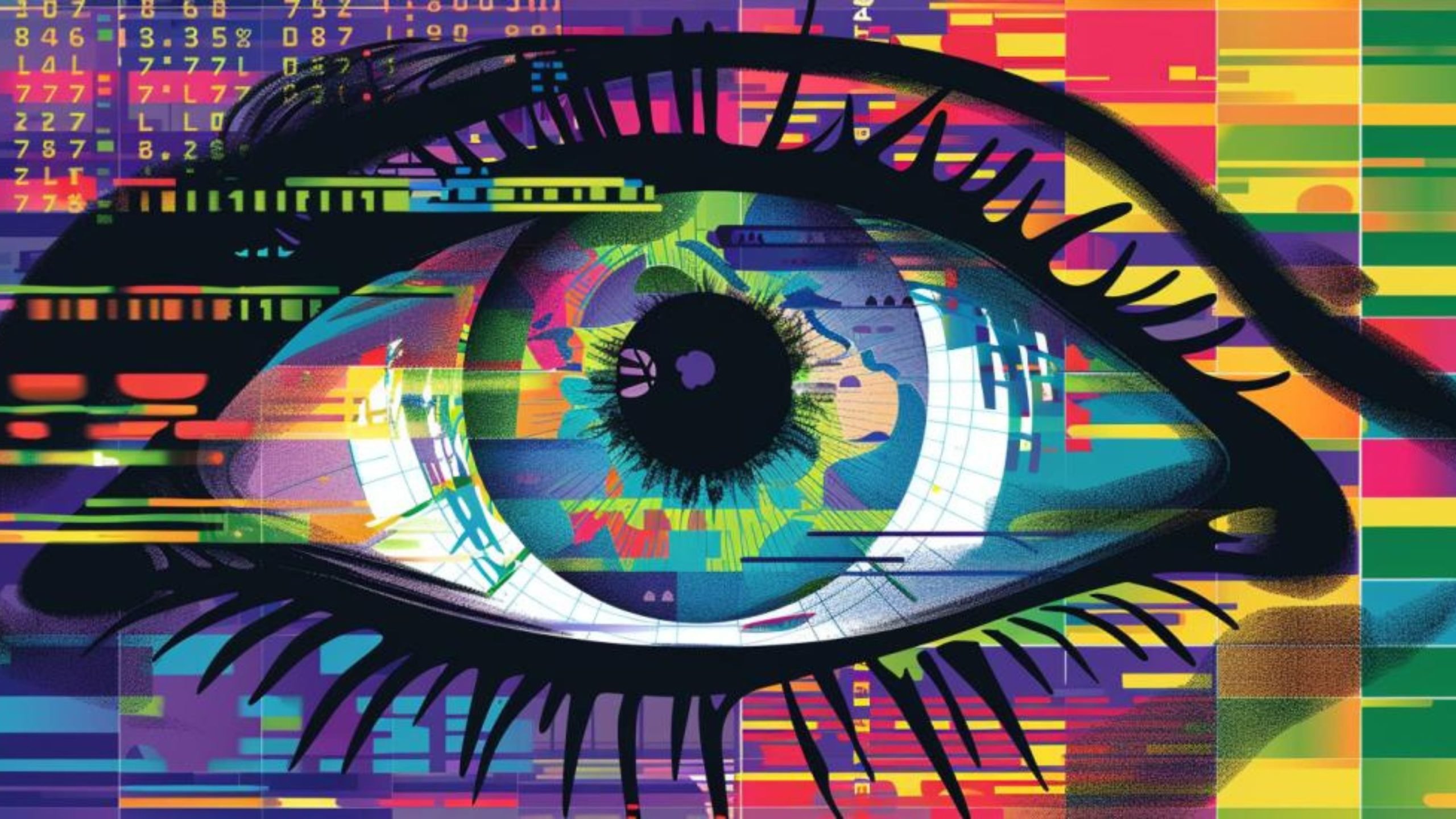The Electronic Frontier Foundation (EFF) has been involved in the process of drafting the UN Cybercrime Convention in a bid to improve it from the point of view of free speech and privacy (though questioning the treaty’s necessity in the first place.)
The recent take regarding the latest in a series of drafts – of which it has been consistently critical – is that it is simply too flawed to be adopted without significant changes. Countries sometimes having irreconcilably different opinions on key issues regarding the convention’s scope is cited as a reason for EFF’s stance.
Related: How The UN’s Cybercrime Convention Draft Is a Threat To Free Speech and Privacy Online
But time is running out for the major changes urged here to actually happen, as the concluding session will be held from late July until August 9, after 2.5 years of discussions and as many as seven negotiating sessions. The ultimate decision to adopt or reject the document will be made by the UN General Assembly.
Though symptomatic of the rift within the UN on the issue, the fact that participants in these discussions have not yet even settled on the name for the treaty is the least of its problems; the crucial one is its scope, or, an EFF blog post put it: “Should it address only core cybercrime, or any crime committed using technology?”
The draft that is criticized here dates back to February, and according to EFF, does not show progress on fixing previous problems with the text, as it contains provisions that on one hand “risk criminalizing protected speech, granting broad surveillance powers without robust safeguards” – while managing to. at the same time, raise “serious cybersecurity concerns.”
During the long process of drafting and discussing the treaty, these points have been brought up repeatedly, according to EFF, but continue to be ignored.
A new draft is now in the works and EFF and more than 100 other NGOs have penned a letter that is demanding the treaty to “focus solely on cyber-dependent crimes, incorporate comprehensive human rights safeguards, and ensure robust protections for security researchers, whistleblowers, activists, and journalists.”
Short of that, the signatories will call on countries to reject the draft treaty and block it from being sent to the UN General Assembly.












